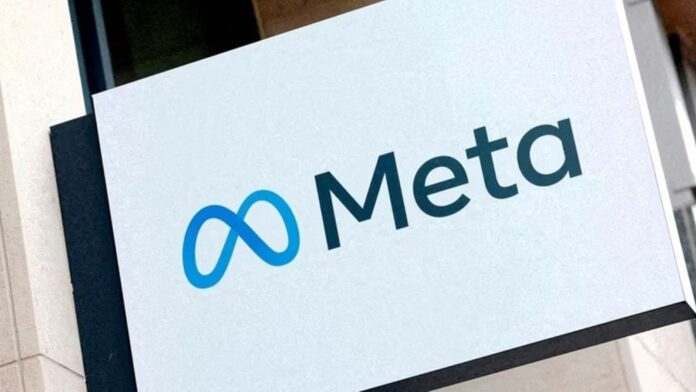FTC Antitrust Trial Against Meta Over Instagram Acquisition: It was in 2012, Facebook (now Meta) bought Instagram for $1 billion. At startup incubator Platial, and at that point they were building a company which, a little over a year later, would be Instagram, a small photo sharing app with 13 people and no revenue, but was growing fast. They were attracting many people, with most people being younger people attracted by their clean design and visual focus. In an effort to compete with Facebook, the Federal Trade Commission (FTC) claimed that Instagram’s rapid growth made it a real threat to Facebook’s dominance in the social media space.
Meta’s CEO, Mark Zuckerberg, didn’t buy Instagram in order to increase its size, the FTC says. The point instead was to put a competitor out of business before it could become too big to overtake. During the trial, Meta emails and internal communications showed that Meta thought Instagram was a risk to Facebook’s future. If the company had bought it earlier, it would have saved itself from that risk and would have kept its position strong in the market.
Could Instagram Have Succeeded Alone?
To explain the situation, Instagram co-founder Kevin Systrom testified. Before the acquisition, Instagram was doing very well on its own, and he told the court that. Just a short time, it had gained millions of users, and if there’s one app that was one of the most promising startups of tech and Systrom said that he did not doubt that Instagram would have grown even without help from Facebook.
He also revealed that other big tech firms like Apple, Google, and Twitter had also signaled interest in buying Instagram. This meant that there were a great many options for the app and that it was considered valuable; others in the industry thought so. According to Systrom, features like messaging, video sharing, and photo tagging could have been created without Meta’s help. The Instagram team was sure they had the plan that needed to happen — it was already put in place.
What Happened After the Acquisition
Since it became part of Meta, everything began to change. Meta provided resources and technical support on the early growth and then pulled back. Systrom also testified that key support teams, such as those found in growth and trust, and safety, were removed from Instagram. He said the move was a slowdown to the app’s progress and like a concerted effort to not let the app outshine Facebook.
Systrom shared some of the decisions made that could have harmed Instagram’s potential. For example, features that boosted Instagram’s growth, like cross-posting from Instagram to Facebook, were removed later. Zuckerberg had been careful, he thought, not to allow Instagram to reach too large or too successful at the expense of Facebook. The FTC’s argument that Meta was trying to protect its monopoly by making a competitor weaker, which it had already bought, is what this supports.
What the Trial Means for the Future
The tech industry must view this as a major moment of its antitrust trial. A victory by the FTC in the case could compel Meta to break up and split Instagram from Facebook and WhatsApp. That would be one of the biggest rewrites of how tech companies are regulated. The trial could also establish new standards for how future consolidation deals are viewed after big companies pursue smaller and more rapidly expanding ones.
Much more importantly, the case also questions the fairness and competition. Should a single company be allowed to buy all of its rivals to be number one? Indeed, this trial could be a defining moment in social media’s future and how much power over the internet big tech companies would be allowed to have.








